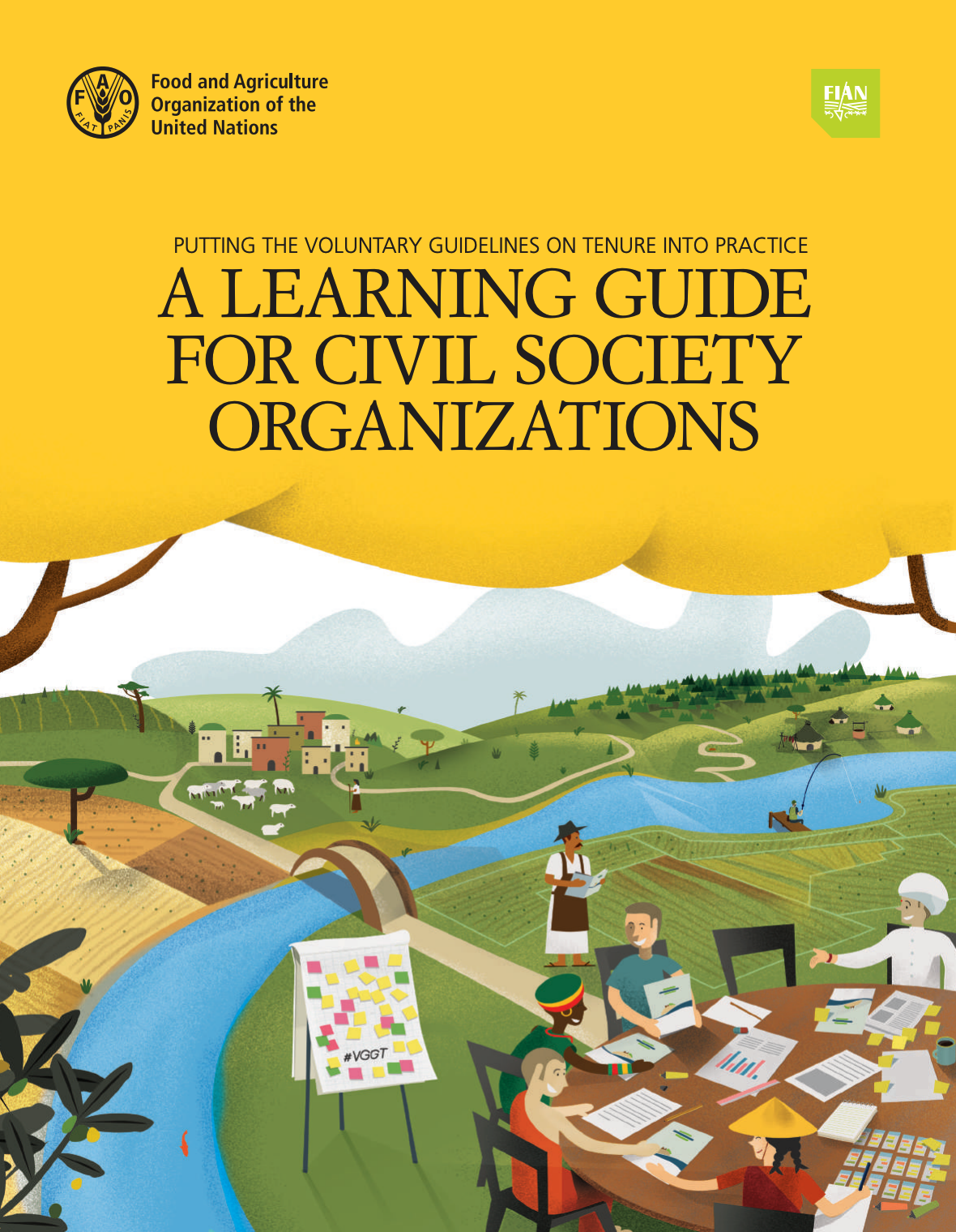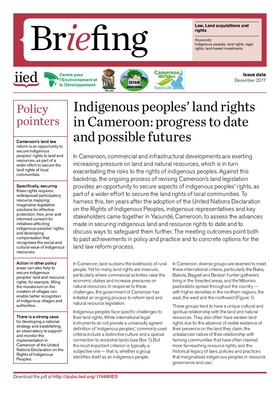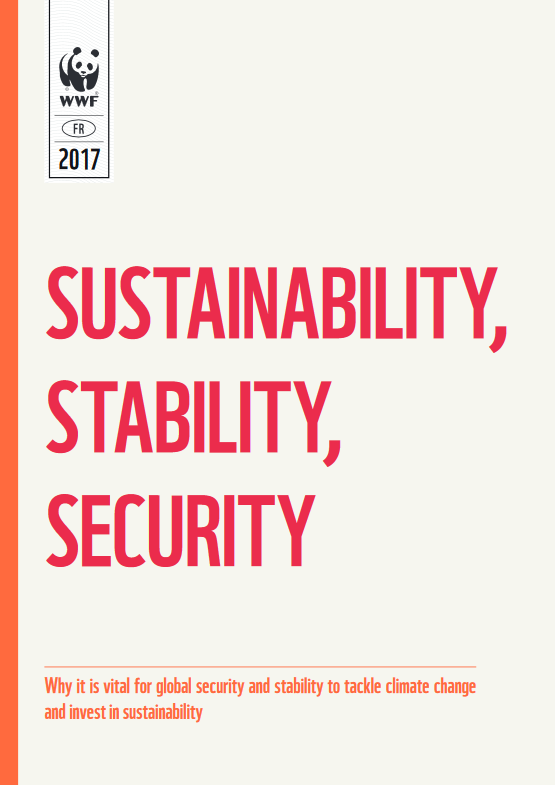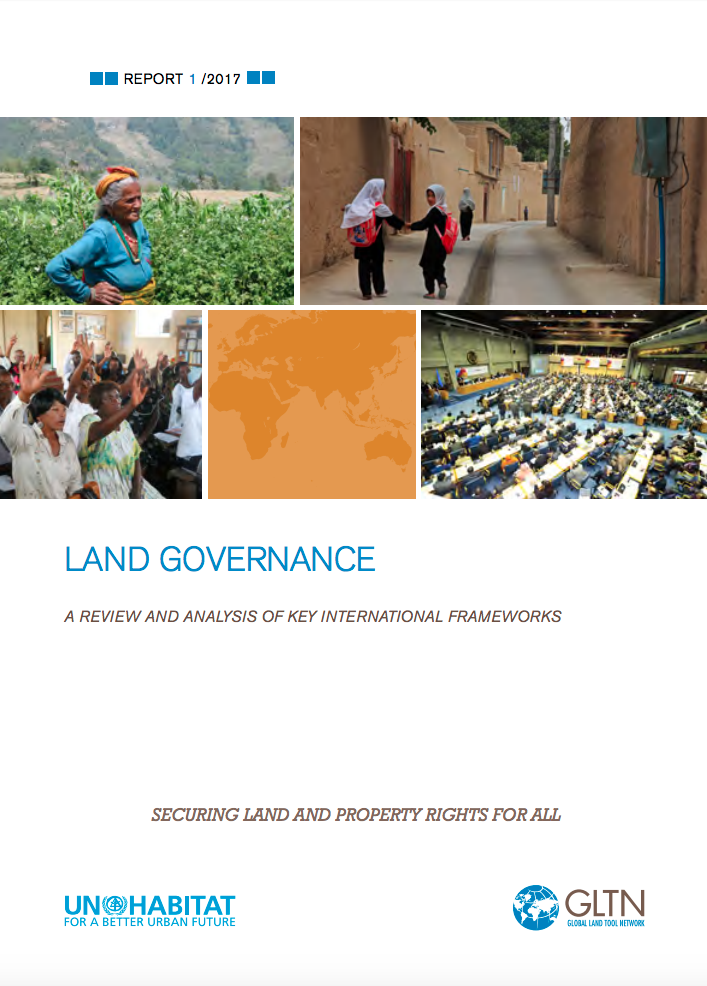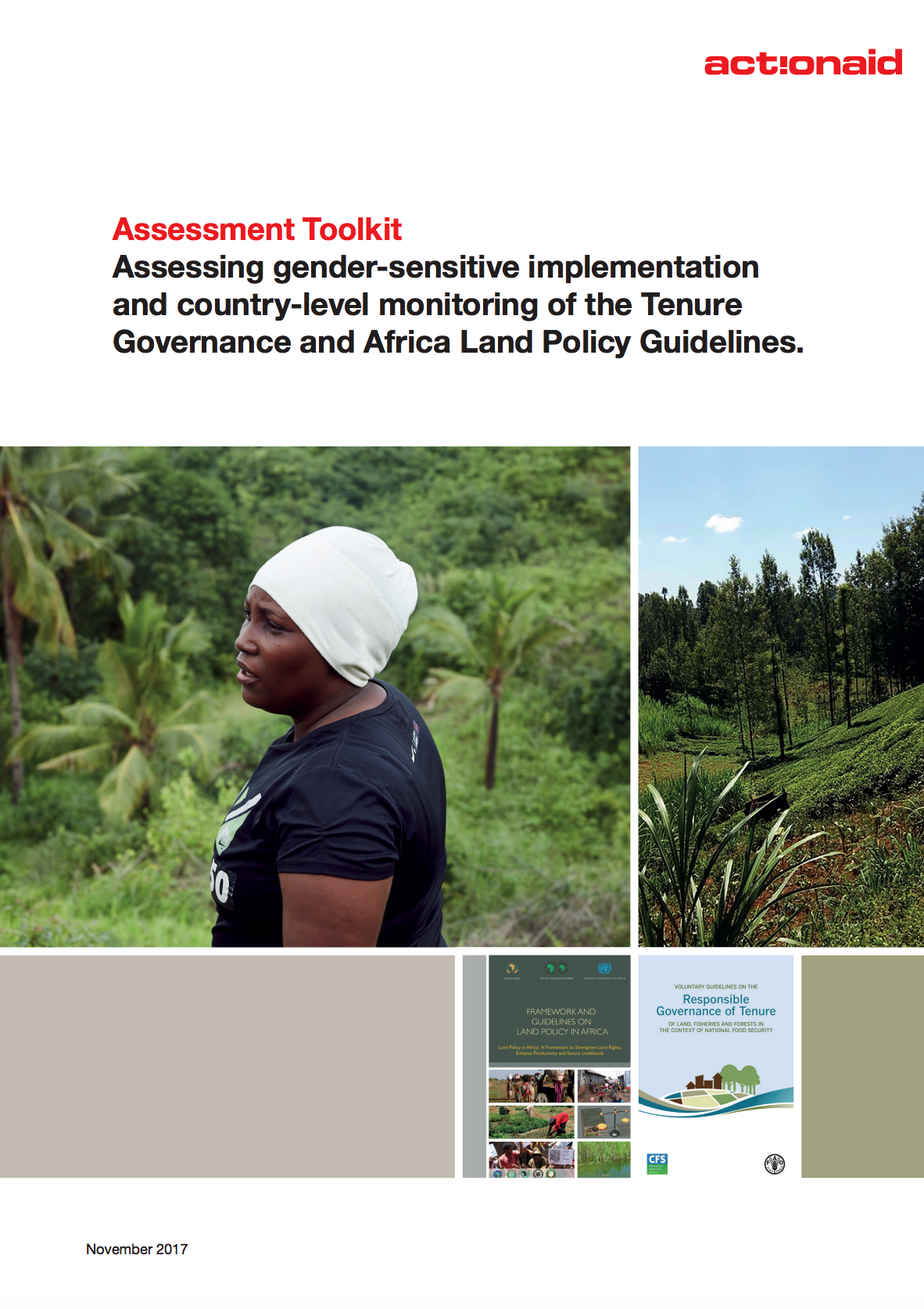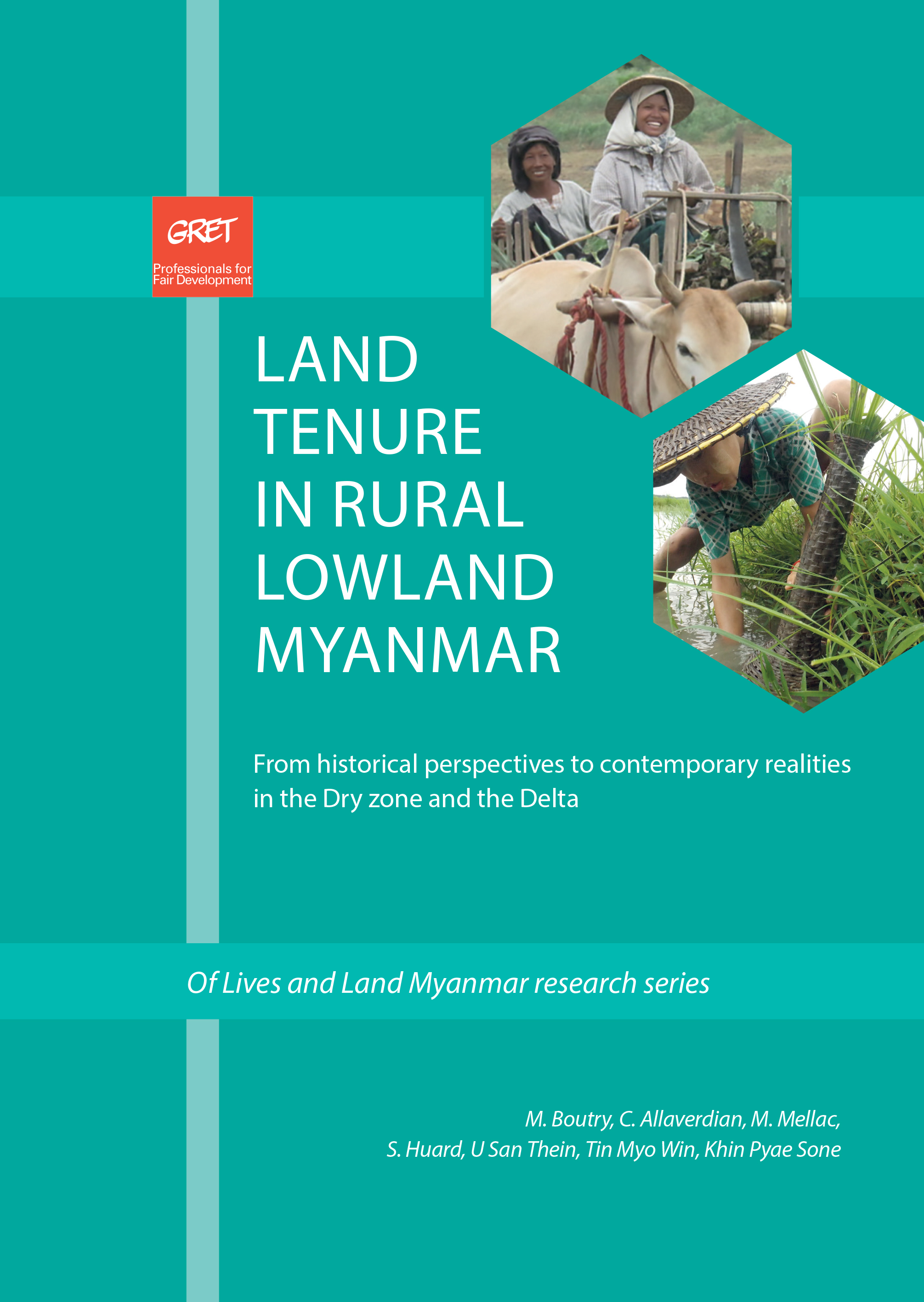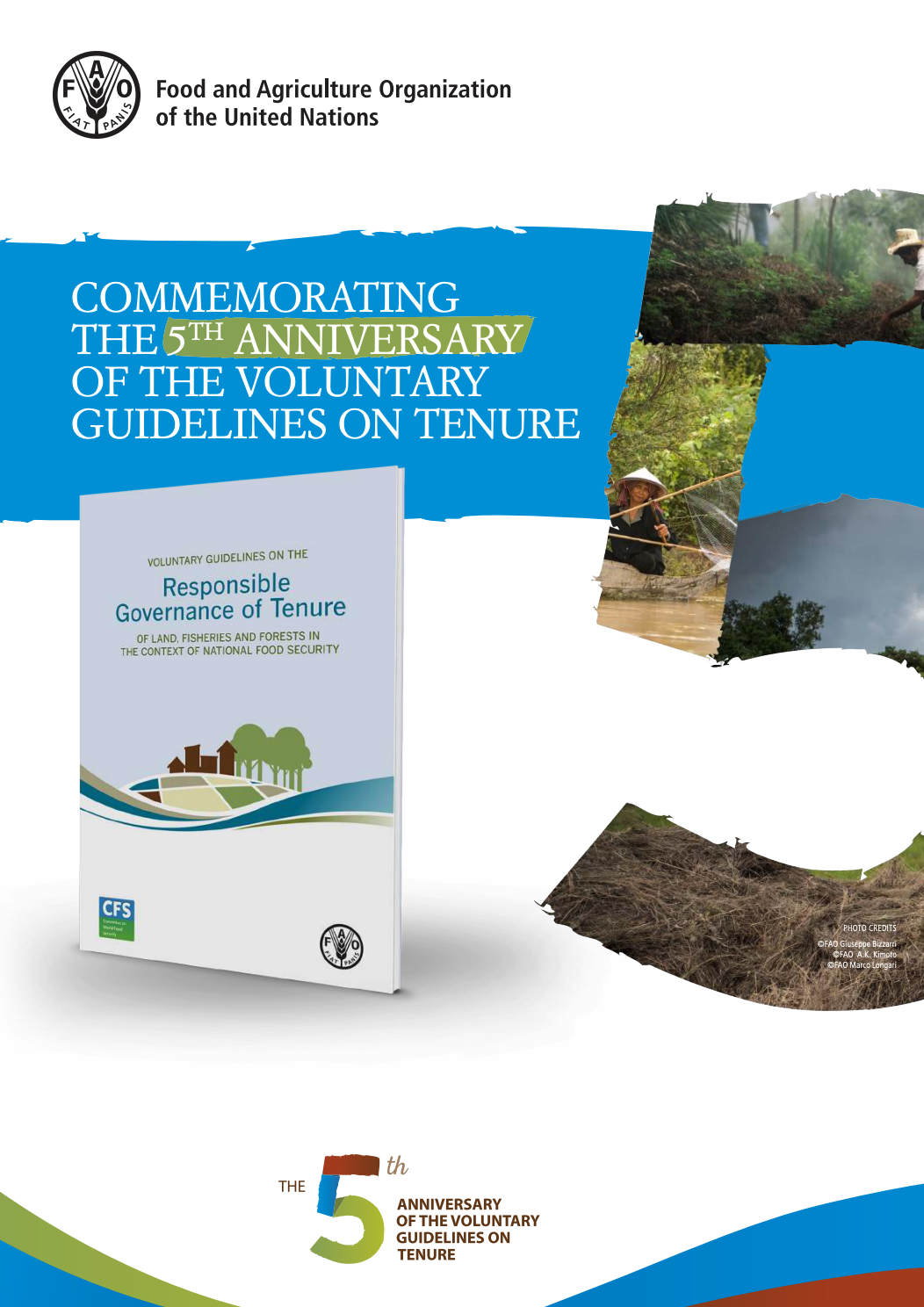Afterword: Land Transformations and Exclusion across Regions
ABSTRACTED FROM CHAPTER INTRODUCTION: The preceding chapters of this book give a central place to the Powers of Exclusion framework for understanding transformations in land relations, as developed in our 2011 book on Southeast Asia. A couple of the main aspects of the two books make for an interesting comparison. The first is that each employs a regional frame of reference to explore themes in changing land relations. The second is their respective development and application of a common conceptual framework.


